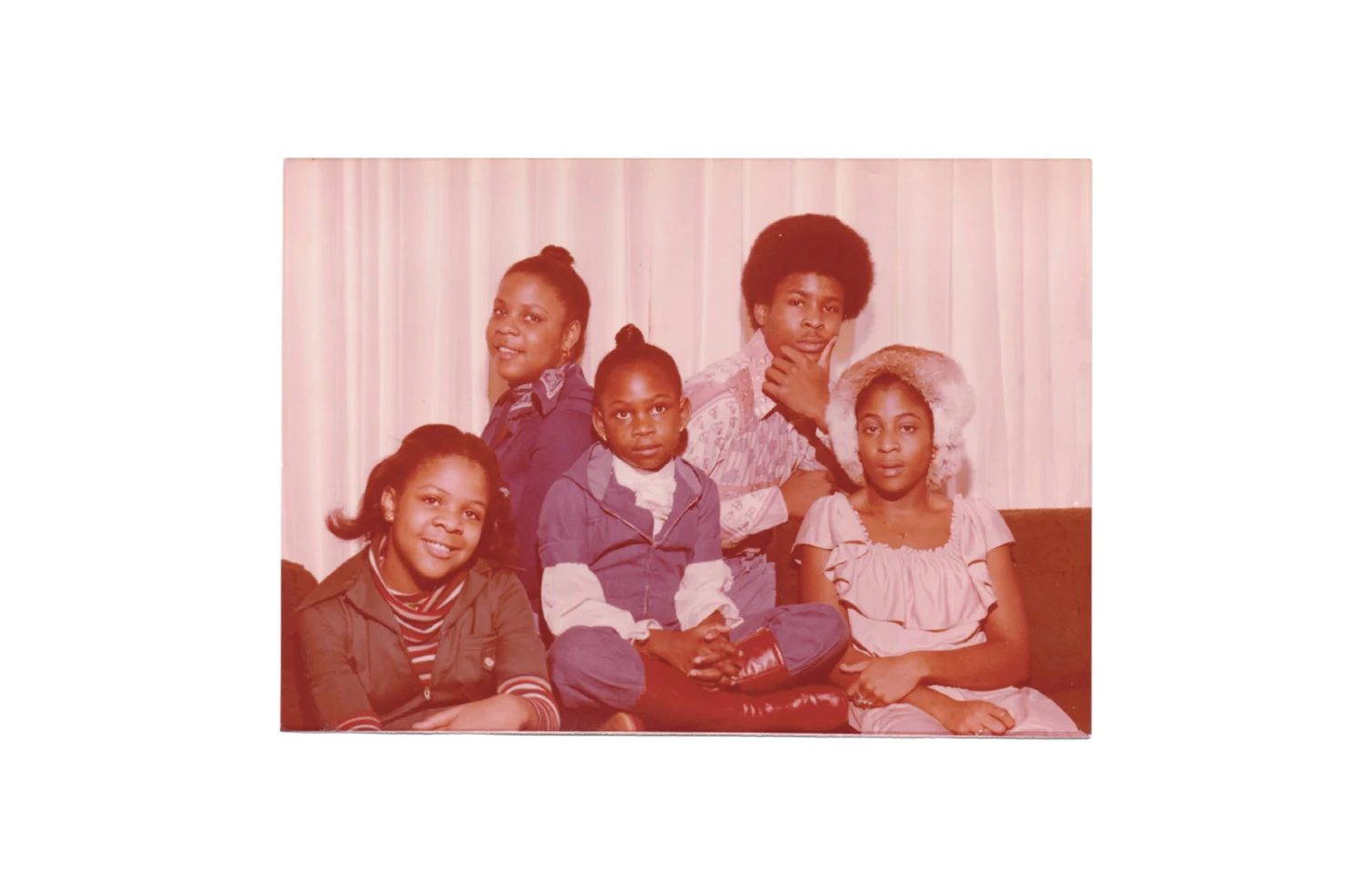dark & lovely
“We are not trying to prove ourselves to you again. But, we are telling you about ourselves. We are giving you reasons to be proud of us. Then, you will have an answer for those who take pride in outward appearances—pretend virtues—rather than what is in the heart—true virtues. From now on, we have a new perspective that refuses to evaluate people merely by their outward appearances. We no longer evaluate people by what they have or how they look. We regard no one from a human point of view, according to worldly standards and values. That’s how we once viewed the Messiah, and we got it all wrong. We certainly don’t look at Him that way anymore with limited human insight. Now we look inside…”
2 Corinthians 5:12-17
“Dark am I, and lovely, daughters of Jerusalem.”
Song of Songs 1:5
Dear White Friends,
I have told you before that there are many shades to this black experience. For instance, I had a little brown friend who had an auntie who was so fair that it was rumored that she was able to have such a high-level position at a prestigious Fortune 500 type of company back in the day because no one knew she was black. Her fair skin, slick, dark brown hair and manner of speaking presented as white as white could be. She fit right in, but ironically looked out of place in our church choir—the one green banana in an otherwise perfectly ripened bunch.
She was also the epitome of beauty with her Euro features, soft flowing hair, gently-upturned and pert nose perched just above a set of pink Betty Boop lips.
One year at the church picnic, my little brown friend told me that her auntie was the sole reason for her good hair that hadn’t shriveled into a ball of coiled tufts after running through a set of sprinklers. With my hair carefully protected in a rubber swim cap, I sat next to her at the picnic table wishing I had an auntie whose existence could help me out like that. I wish I had an auntie whose fairness transferred a little white equity my way. Boy, did I wish for just one fair, gentle drop to be stirred into my skin, my hair—my everything.
My grandfather was our one green banana. He was very light-skinned, with good hair and green eyes. Though his nose was wide and his lips were thick, they were fitting for a man, and made what otherwise would have been a boyish and doughy face broad and rugged—expansive like a mountain range. To me, he looked like a green-eyed, light-skinned Nat King Cole—only with soft, curly, Good Hair. This comparison my grandmother tsked away: “But that Nat King Cole was so black and ugly. Black as coal,” she tutted. “Such a shame ’cause he sure could sing. But, I’d have to the turn off all the lights, if he ever wanted to serenade me. Boy was he ugly!”
Dressed in his three-piece white suit that he wore only when he served as a deacon every 3rd communion Sunday at our little church, my grandfather was also a dead-ringer for Boss Hog—sans cigar and white 10-gallon hat. At this my grandmother nodded and laughed, “He sure do look just like him in that suit! Big ole belly and all!”
My grandfather was the kindest, gentlest man I knew. So lovely that I instantly forgave him when my grandmother told us, “Your grandfather couldn’t stand to be with any dark-skinned, black-assed girl. Naw, he only liked them high-yella ones. Ain’t that right, Willie?” To which my grandfather, face slack and eyes watery, looked sadly at me before answering, “Now, now, Margaret, don’t say that.”
“Well, it’s the truth!” my grandmother insisted.
And of course it was true. I couldn’t recall a single time that my grandfather said I looked pretty—though I’d heard him say it to my lighter, fairer sisters and cousins from time-to-time. However, he did tell me that I was a good girl and smart more times than I could count. So, I loved him. How could I not love him?
One time, inside of a Dark and Lovely hair relaxer kit, I found a complimentary red t-shirt with their logo beautifully silk-screened in black across the chest—Dark & Lovely. It was just my size! After finishing relaxing my hair, my mother said with a quick wink, “Girl… you think you lookin’ good. You know you do, don’t you? You think you look good,” she teased, lighting a cigarette and taking a slow, satisfying drag that signified that she was proud of her work. “Why don’t you go on and put on that shirt. You know you wanna wear it. Go on now with your hair lookin’ all good.”
She might as well have given me a crown, sash, and bouquet of roses. I paraded and postured the whole day on our block, feeling the wind on my scalp and my hair flick a bit if I snapped my head just so.
When Mrs. Braggs came out to sweep her front porch and yell at us kids, “Stay off of Mr. Barnes’ grass. Take y’all lil’ asses somewhere else and play,” she added, “Well, look at you, Miss Marcie! You be sure to tell your mama she did a nice job on your hair this morning.”
“Yes, ma’am.”
“And, don’t go and sweat it out! Get offa that grass!”
Later that night my sister, Mia, asked if she could play with my hair. I sat between her knees loving the swoosh of the wide-tooth comb grazing my scalp, gliding through my straight hair with ease. Who in the whole wide world didn’t want to be me that night—so fortunate, so full, so beautiful?
Monday at school, I eagerly shrugged off my sweater in our chilly classroom. Dark & Lovely was branded all over me, and I proudly wore my new mantra for show n tell. When it was my turn, I wanted to tell them all about my hair, my mother, Mrs. Braggs. But something happened as I turned to face the class, and I suddenly couldn’t connect the story to the day. I couldn’t bridge the feelings I’d felt on Saturday to that Monday. So I simply said, ”This weekend, my mother gave me this t-shirt.”
“Dark and lovely?” a little blonde boy sniggered. “You mean, dark and gruesome.” And they all fell down laughing. The teacher told me to take my seat as she flicked the lights on and off, on and off, while saying, “Alright, alright, quiet down, quiet down.” Next it was Charlene’s turn. She showed us her heart-shaped locket that hung around her neck. The fluorescent light cast a faint green glow over her long blonde hair. We all reverently listened—the teacher and the blonde boy too. When she finished, the teacher said, “That was lovely, Charlene. Thank you for sharing.”
And the next kid went and the next and the next. To each the teacher said, “That was lovely. Thank you for sharing.” When no one was looking, I put on my sweater and buttoned it up all the way to the top.
Three weeks later in my mother’s kitchen, the smell of the hair relaxer made me tense up. “Just sit still and don’t scratch,” my mother said. “If you just could be still, it won’t burn.” She smacked my hand away from my head, “Don’t scratch! You’ll get sores all over your head.”
She continued to stir the jar with a wooden stick. The smell overtook the scent of my mother’s Folgers and cigarette-perfumed breath. I sulked in the chair hearing all the other kids outside playing. My mother lit up a cigarette while we waited for the white crème de la crème to do its work. When it was ready, she combed the relaxer through my hair, raking it like hot white coals across my brain. “Beauty is pain, baby,” she muffled with the cigarette dangling from her lip. She blew out a stream of smoke, laying the lit tip of the cigarette into the ashtray, and sighed. “Which means I should be extraordinarily beautiful. Am I not constantly in extraordinary pain?” she chuckled.
She moved me to the sink and pushed my head beneath the cascading waterfall—a kind of necessary baptism into the kingdom of Good Hair.
Outside I could hear a jump rope skipping against the ground and brown girls calling, “You can roll your eyes. You can stomp your feet. But this black girl, you sure can’t beat…” Above it all, cutting through the sunshine, I could hear Mrs. Braggs yell, “Y’all get out of that street playing, and take y’all lil’ fast asses on the sidewalk to play—and, you betta stay off that grass!”
I felt as sacrificial as a lamb with all I knew I was missing as I sat between my mother’s knees. She clicked her tongue, “You are so tender-headed,” and pressed the tip of the comb into my scalp. Pushing her knees into my shoulders as I winced. “Be still,” she said. And I sat up as rigid as a statue because I wanted to be beautiful. I wanted to be as extraordinarily beautiful as my mother, who looked just like my little brown friend’s auntie, only much, much darker. But just as lovely.
This is what I wanted to say but could not say to my classroom: “I want to be dark and lovely. One Saturday, I was.”










